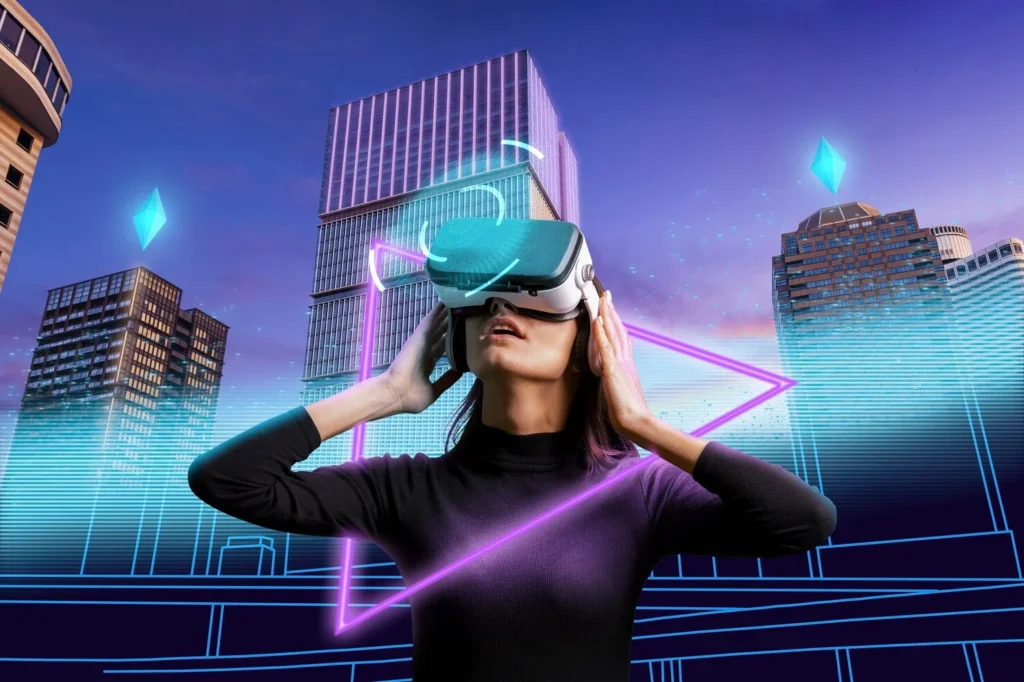In today’s fast-paced world, the constant evolution of technology is reshaping every aspect of our lives. From the way we communicate to how we shop, work, and entertain ourselves, digital innovations are continuously pushing boundaries and unlocking new possibilities. One of the most exciting trends in recent years has been the rise of seamless digital experiences, where convenience, efficiency, and personalization come together to create a more integrated and enjoyable user experience.
The Shift Towards Seamless Connectivity
As technology advances, one key trend has been the focus on creating interconnected systems that work together effortlessly. Whether it’s the integration of smart devices in the home, or the use of AI-powered platforms for customer service, seamless connectivity is making life easier for consumers. The growing use of the Internet of Things (IoT) is a prime example, where everyday devices—from refrigerators to thermostats—are now connected to the internet and can be controlled remotely.
This trend is not limited to smart homes; it’s also influencing industries like retail, healthcare, and even finance. With the rise of mobile apps, cloud-based services, and advanced analytics, businesses are able to offer a more personalized experience to their customers. For instance, customers can track their health through wearable devices that sync with health apps, or receive personalized product recommendations based on their browsing behavior—all made possible through technology.
Digital Transformation in Business
Businesses of all sizes are increasingly relying on digital technologies to optimize operations, enhance customer experiences, and drive growth. Cloud computing, for example, has revolutionized the way companies store and manage data, providing greater flexibility, scalability, and cost-efficiency. Additionally, artificial intelligence (AI) and machine learning algorithms are enabling businesses to predict trends, automate tasks, and offer tailored experiences to their customers.
One notable example is how online platforms are continuously improving user experiences through sophisticated recommendation engines. These engines use algorithms to analyze user behavior and suggest products, services, or content that the user is most likely to engage with. This not only enhances the customer journey but also boosts sales and engagement for businesses.
Technology in Entertainment and Media
Another sector experiencing a digital revolution is entertainment. With the rise of streaming services and on-demand content, consumers now have the freedom to watch movies, listen to music, and enjoy gaming experiences at their convenience. The integration of augmented reality (AR) and virtual reality (VR) is taking entertainment to new heights, offering immersive experiences that were once the stuff of science fiction.
For instance, gaming companies are increasingly using VR technology to create fully immersive worlds that players can explore in 360 degrees. Similarly, AR apps allow users to interact with the world around them in new and exciting ways, such as trying on clothes virtually or navigating a city using a map overlay.
The Role of Digital Payments in the Global Economy
The rise of digital payment platforms has also transformed how we handle transactions. Mobile wallets like Apple Pay, Google Pay, and various cryptocurrency platforms are making it easier to pay for goods and services with just a tap of a button. These technologies are not only more convenient for consumers but also more secure, as they often come with encryption and authentication features that reduce the risk of fraud.
One of the companies leading the charge in the digital payment space is Betamo, a digital platform that aims to simplify financial transactions and offer a secure environment for users. By embracing cutting-edge technology, companies like betamo.com are enabling faster, safer, and more efficient online payments, contributing to the global shift towards a cashless society.
Embracing the Future of Digital Innovation
As we look to the future, it’s clear that technology will continue to play a pivotal role in shaping our world. From AI and machine learning to augmented reality and blockchain, the possibilities are limitless. The key to success for businesses and individuals alike will be their ability to adapt and embrace these new technologies, ensuring they stay ahead of the curve in an increasingly digital world.
In conclusion, technology is transforming every facet of our lives, creating opportunities for more efficient, personalized, and immersive experiences. As digital innovation continues to accelerate, businesses and consumers alike will need to keep pace with the latest trends to fully harness the potential of a connected, digital-first future. Whether it’s through seamless payment solutions, AI-driven customer experiences, or the growing integration of smart devices, the future is undoubtedly digital—and it’s happening right now.







